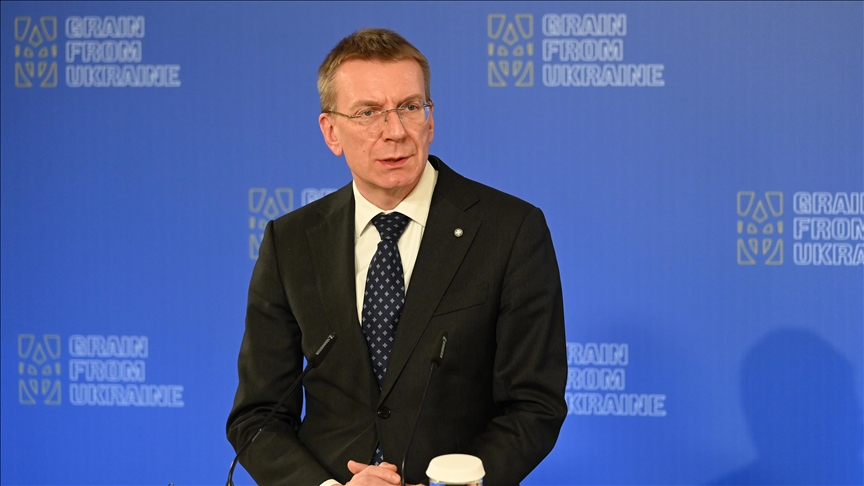

By Anadolu Agency
ATHENS
Lithuania on Thursday called for a decisive response to attacks on the Baltic Sea infrastructure.
“Attacks on critical infrastructure in the Baltic Sea require a strong and decisive response. It is important to act together and mobilise all available means to prevent hostile regimes from carrying out malicious activities in our waters,” said the country’s Foreign Minister Kestutis Budrys during his meeting with Latvian President Edgars Rinkevics, according to a statement by Lithuanian Foreign Ministry.
The situation in the Baltic Sea calls for immediate action to ensure the security of critical infrastructure, including expansion of NATO patrols, sanctioning Russia’s shadow fleet, and revision of navigation rules, he maintained.
Baltic Sea incidents
The Baltic Sea has been the scene of several high-profile infrastructure incidents since the onset of Russia’s war on Ukraine in February 2022, which heightened tensions in the region.
Most recently, Finland reported that Eagle S tanker had been detained in connection with the subsea cable damage incident that occurred on Christmas Day.
Last November, two telecommunications cables linking Sweden and Denmark were severed. Authorities suspect the Chinese vessel Yi Peng 3, which sailed over the cables, while China denied Sweden’s request to investigate the ship.
The Arelion submarine cable, which connects the Swedish island of Gotland to Lithuania, and the C-Lion 1 submarine communications cable that runs between Finland’s capital Helsinki and Germany’s Rostock city, were also damaged in mid-November near Sweden’s territorial waters.
European officials have suggested that sabotage could be behind the recent disruptions, potentially linked to Russia’s ongoing war on Ukraine. But the Kremlin has rejected the claims, calling them “absurd.”
The September 2022 explosions that ruptured the Nord Stream pipelines carrying Russian gas to Europe remain unresolved, underscoring the region’s vulnerability to undersea attacks on key infrastructure.
Authorities across the Baltic region continue to investigate these incidents amid heightened vigilance as geopolitical tensions show no sign of abating.
We use cookies on our website to give you a better experience, improve performance, and for analytics. For more information, please see our Cookie Policy By clicking “Accept” you agree to our use of cookies.
Read More